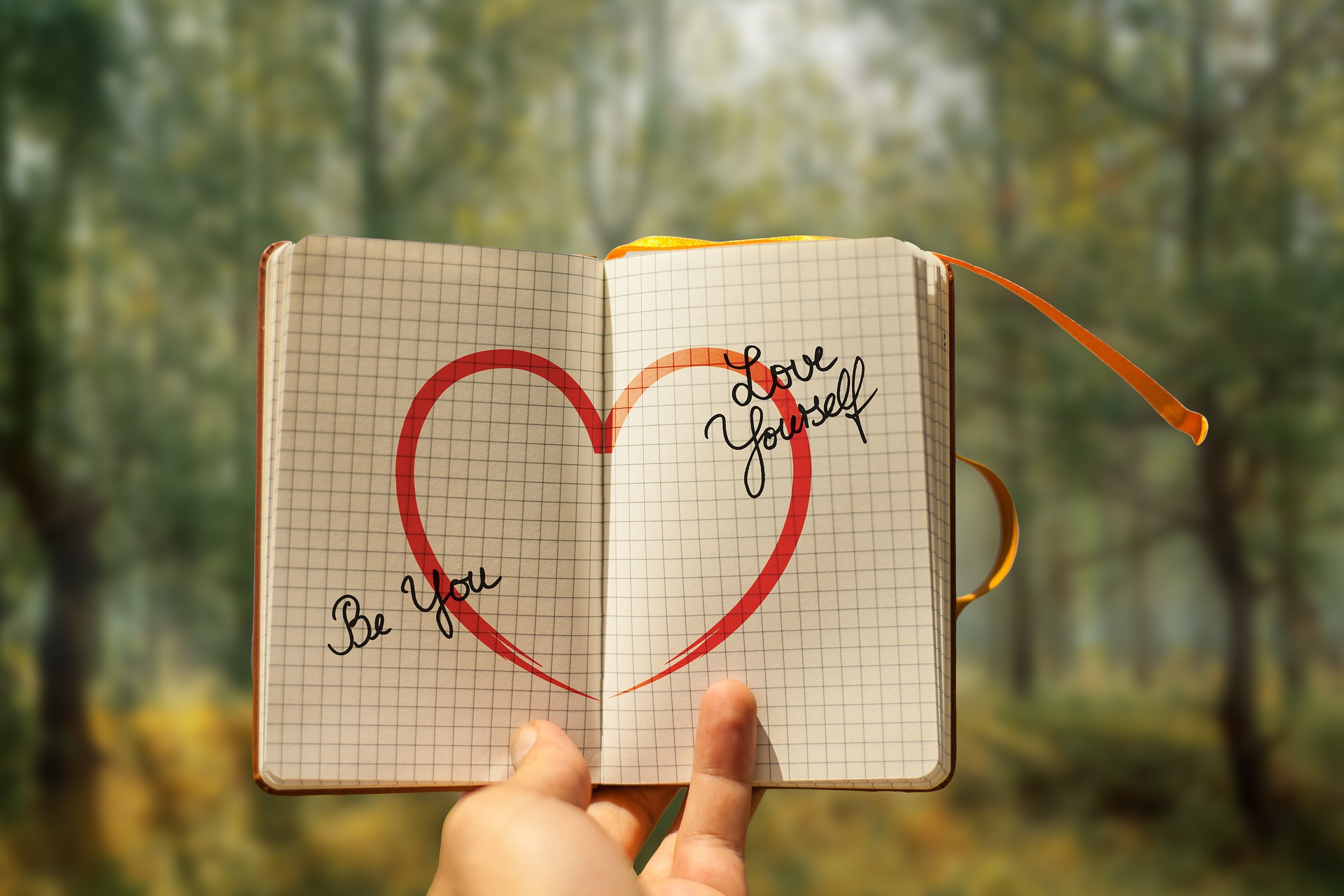I have spoken about the importance of forgiving oneself and moving on from our past dysfunctional behaviors. Forgiveness is always spoken of from a faith perspective despite which religion you belong to. But it is a spiritual matter which to me means it is a heart issue. In my Bi-heritage cultures Karanga and Chewa when you wronged to hurt their feelings, they would report you to the village head who would sit you down to discuss the issues and escalate to the chief if they cannot resolve it. There were levels of escalation depending on how major is the issue. If the matter was not solved by the chief, it would then go to the higher court.
The reason why the systems were put in place was such that if the issues were thrashed and a person asked for forgiveness, they would be asked to bring in a form of payment which ranged from a chicken, goat to a beast, cow, bull as way of accepting their part in moral injury. Small animals were brought and would be cooked and ate together as an appreciation that relationships are fulfilled by sharing food. Agreeing to be part of these feasts meant that you have forgiven the person who have hurt you or your family. If you declined the feast, it meant that the chief had to escalate the case to a higher court. I want to believe that other cultures had different ways of paying into forgiveness. You can see that in the cultures the payments are more to do with taking and accepting responsibility of the hurt you have caused and presenting yourself to the court “dare in Shona or bwalo in Chewa”.
What is it that has caused you hurt? Will you be accepting that the person has taken responsibility or will you forgive them when you are sure they have shown remorse for their actions. Would restitution make a difference? Is there restoration of hurt emotions or feelings? How do you move forward from there? Kendra Cherry (2021) writing about happiness for the online Verywellmind described forgiveness as deliberate decision to let go of feelings of anger, resentment.
(https://www.verywellmind.com/how-to-forgive-yourself-4583819).
According to the mental health experts at Westbridge, the road to wellness can often be blocked by blame and resentment. They suggest that people carrying guilt will find it difficult to find a place of comfort. This can lead to problems with low self-esteem and a constant feeling of being unworthy.
(https://www.westbridge.org/importance-selfforgiveness/).
This is the cause of most people running into unhealthy situations where they feel that their worthiness is being accepted. This has been documented that where children of absentee fathers especially girls who blame the absence of their fathers will go into sexual relationships earlier in life trying to find that father figure. Hill et all (2016) writing in the psychologist stated that as well; they discussed that girls with fathers who were absent at an early age have been noticed to display a host of outcomes like higher rates in teenage pregnancy, earlier first sexual intercourse and increased sexual promiscuity. The same author reports that these girls find it difficult to form stable long-term relationships.
(https://thepsychologist.bps.org.uk/volume-29/june/absent-fathers-and-sexual-strategies)
This might appear as if I have veered off the course of unforgiveness but, it is that resentment which builds up a persona of I don’t need you, dad, yet the body is crying for a father’s hug. When you are mature enough to understand where you can have a relationship with this absent male, one has to realise that they do have a choice outside what parent is there might state, to choose what is best for self, have a relationship broken or not and cultivate it from where it is.
When people can forgive themselves, they quickly find that they have the tools they require to improve their own lives. Letting go of the feelings of regret and guilt allows people to take a new outlook on their lives. The ability to forgive oneself also allows us to understand ourselves more deeply. Once we understand our own motives and wants, we can become more at peace with who we are. Overall, we have a choice to forgive or not to forgive ourself.

